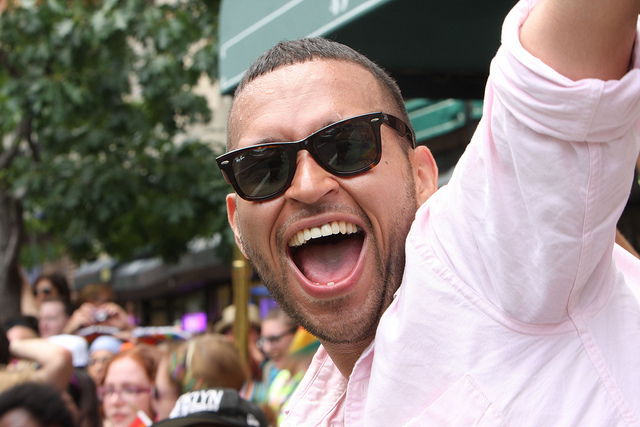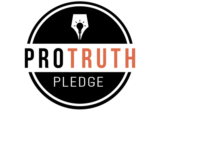
Don’t you hate finding out you made a mistake? I do. I’m proud of doing things well, and avoiding mistakes. Mistakes feel terrible to me. I remember my boss telling me about a serious mistake I made when calculating students’ final course grades in my job as a professor. I was sitting at home after grading the final papers of the semester, and was already pretty tired. I just wanted to finish up all my teaching responsibilities, and go on my summer break (yes, professors love summer breaks just as much as the students). So I went on the course website, had the course management system add up all the grades, and submitted them.
I was so embarrassed when my boss told me I forgot to give students bonus grades for additional assignments. It never happened to me before. It was a truly face-palm moment.

Emotions and Mistakes
When I found out I made that mistake, my emotional self just wanted to curl up inside. I wanted to run and hide, and not deal with negative emotions associated with that mistake. This common thinking error has been studied in relation to mistakes in financial decisions and many other areas.
It’s even worse when our emotional self gets aggressive and defensive in response to finding out we made a mistake. Did this ever happen to you? I know it did to me.
For instance, in the early stages of founding Intentional Insights, I did not have much practice in how to coordinate people, and made some mistakes. Because I was not watching out for this problem, I did not make sure to avoid aggressive or defensive responses to learning I was wrong. As a result, I harmed my relationships with some others also passionate about this great cause.
As an example, I was so enthusiastic about Intentional Insights that I forgot that others were not quite as passionate as myself, and misinterpreted one person’s agreement to help out as a commitment to do a lot of volunteer work. When that person failed to deliver on the high expectations that I set, I grew upset, and that person was upset with my reaction – which resulted from me failing at their mind. When others told me about these mistakes, my emotional self wanted to lash out against the bearer of bad news, and not against myself for having made the mistakes. This type of thinking error is known as “shoot the messenger,” meaning attributing the blame for the bad news associated with the mistake to the person who brought the message.
Did you ever experience someone with whom you shared some bad news becoming irrationally angry with you? From the other side, did you ever become angry at someone who gave you bad news? Then you know what I mean.
Such thinking errors result in many challenges for myself and others. Trying to ignore the mistake and pretend it didn’t happen is not very productive for facing the truth of reality and thus gaining agency. Yet the vast majority of our social institutions and norms do not encourage acknowledging mistakes or learning from them. For example, research indicates that hundreds of thousands die from preventable medical mistakes. Yet according to a new book by Brian Goldman, an emergency room physician, medicine has a “culture of denial” that prevents doctors from sharing about and learning from their errors. Similar dynamics characterize most other professions despite the benefits associated with learning from our mistakes and from failing our way to success.
Strategies for Failing Your Way To Success
So what are some strategies for dealing with mistakes?
First, we need to overcome the negative emotions of making a mistake. It helps to remember that our mental maps of the world never match the territory of reality, and to notice our confusion as a way of indicating that we have a mistake in our evaluation of the situation, not an indication of the world being wrong (a quite unhelpful conclusion). After all, communication is frequently imperfect and our messages become garbled.
Then, apply the intentional strategy of thinking “bad news is good news,” one of the habits in the Rationality Habits Checklist. In other words, associate positive emotions with finding out that one made a mistake. After all, “what is true is already so,” and the more effectively we overcome the negative emotions, the better we will be at facing the truth of reality, no matter how unpleasant it may be. We can then be well prepared to deal with the situation resulting from the consequence of our mistakes.
How should we do this in practice? Essentially, any time you notice yourself feeling bad after find out you made a mistake, stop and take a couple of deep breaths. Then, remember how good it is to have this knowledge, let go of stress, and then deal with the results of the mistake in the moment. Ideally we can learn to see mistakes as opportunities for future success.
After dealing with the consequences of the mistake, try to take advantage of the error and learn what we can from it. I’ve found success in using a “Mistakes and Learning” section as part of my daily journaling (for more on journaling, see the links at the bottom of this blog post). I have a prompt in my journal where I ask myself:
• What kind of mistakes did I make recently?
• Why did I make them?
• What can I learn from them?
• How can I do better in the future?
As a result, I encourage myself to face my own mistakes, get at the reasons for making them, learn from them, and figure out how I can improve my future performance.
This process of learning from mistakes is a lifelong project. It fills me with hope, as it helps me strive to accept the truth, revise my ways of doing things, and optimize my behavior for the future. I fail my way to success!
Here are some question to ask yourself that will help you fail your way to success:
• When was the last time you noticed or were told of a mistake?
• What did you do about it?
• Do you know how to avoid that mistake in the future?
• What are your general strategies for dealing with mistakes?
• How do you deal with the negative emotions of finding out you made a mistake?
• In what ways do you learn from mistakes?
• How can you apply these strategies in your life, and how do you think you might benefit from doing so?
• What kind of plan can you make and what specific steps can you take to internalize these mental habits?




